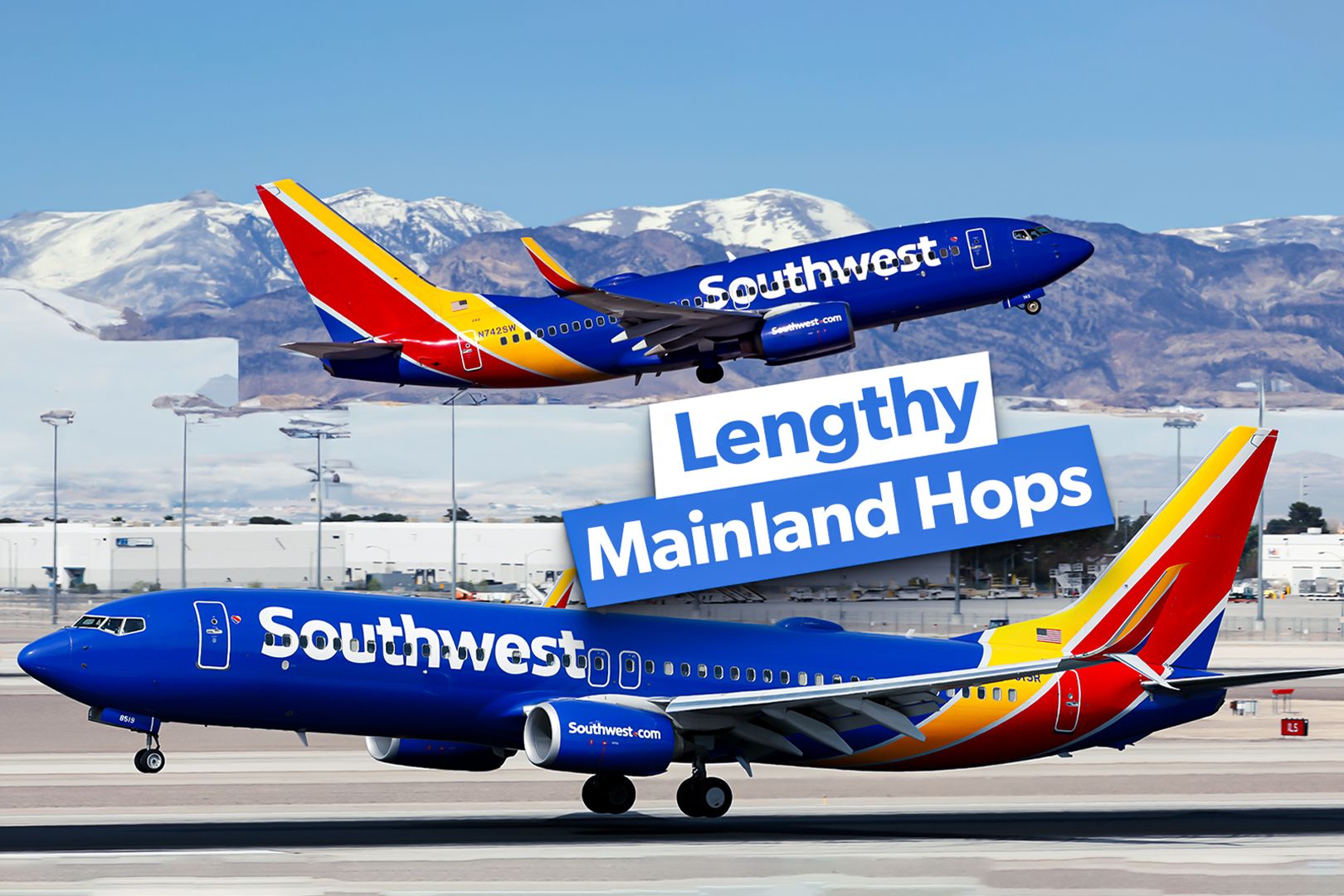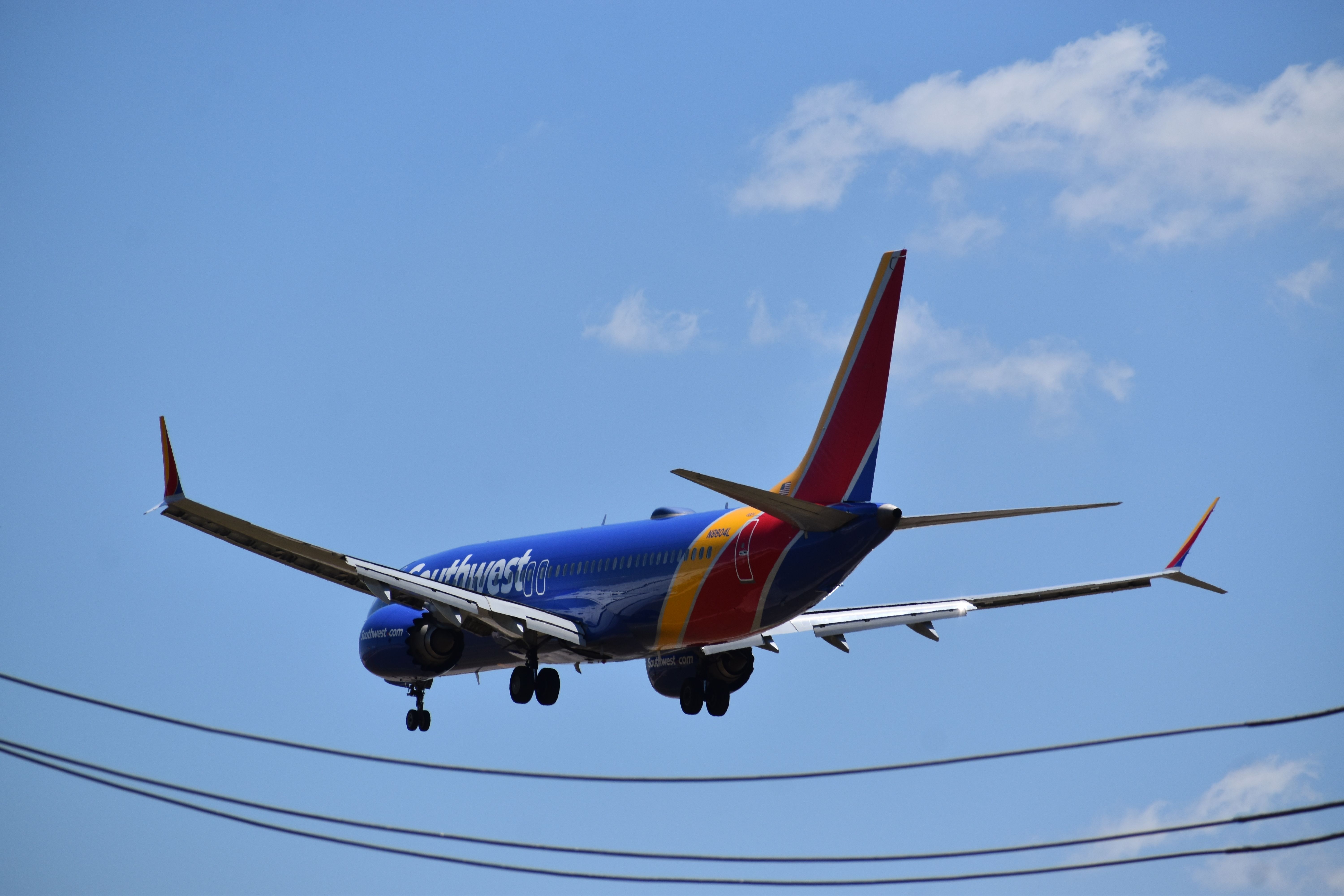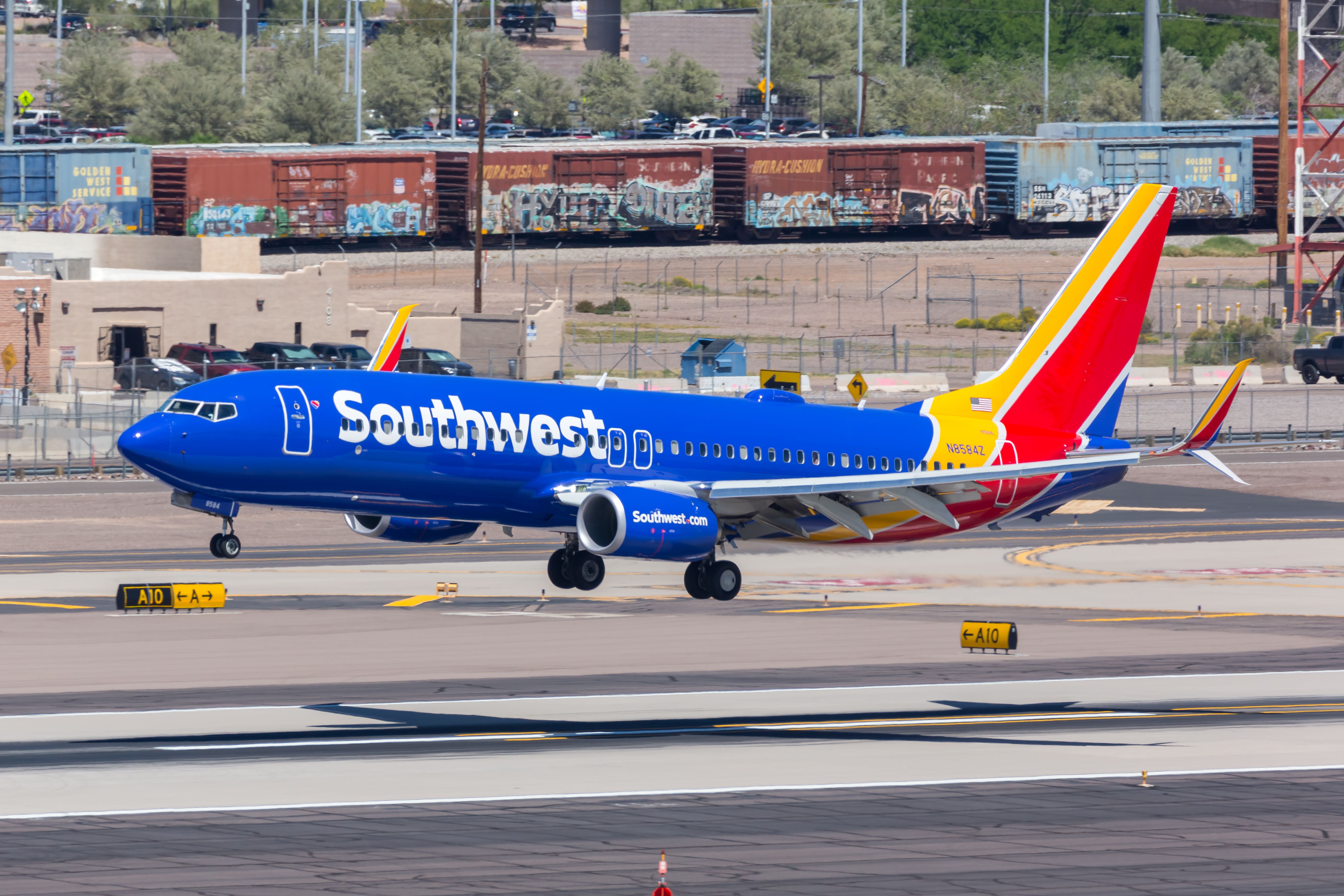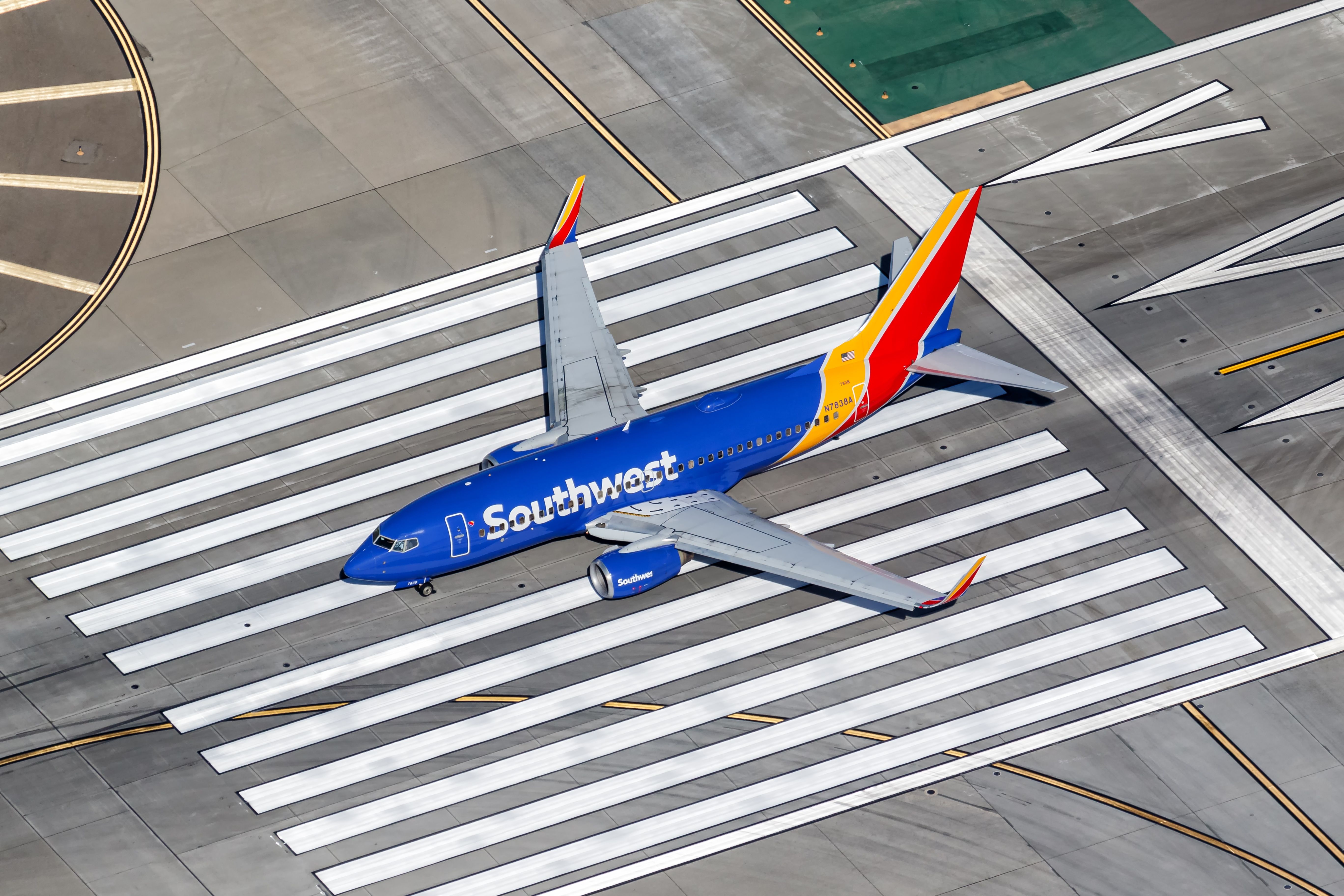Summary
- Southwest is not planning mergers now, but future acquisitions could be possible.
- Industry consolidation pressures smaller carriers to consider mergers for survival.
- Carefully planned timing and execution are crucial for successful mergers.
During a shareholder meeting on May 15th, Southwest Airlines’ leadership team was quick to express its opinions on the carrier’s immediate position regarding mergers and acquisitions. While the carrier indicated that it had no plans to merge with or purchase another airline in the near future, it did indicate that it would “never say never” to the possibility of yet another such expansion.
With the airline industry so heavily consolidated, Southwest Airlines is currently just one of four major airlines in the United States to command more than 15% of the market. For carriers like Alaska Airlines, which are struggling to control 7% of the market, acquisitions like the company’s recent purchase of Hawaiian Airlines could prove a necessary survival tactic.
Photo: Artistic Operations | Shutterstock
Southwest is no stranger to airline mergers. It rose to market dominance in 2011 when it acquired and gradually integrated into its network the former Orlando-based low-cost carrier AirTran Airways. Nonetheless, amid staff concerns and a lack of competitive pressure on Southwest within the market, the airline’s management team did not rule out the possibility of acquiring yet another airline at some point in the future.
A neutral attitude
Mergers and acquisitions can be excellent opportunities for airlines to expand their operational capabilities and extend service to new destinations. However, purchasing the wrong carrier or failing to correctly execute a merger can lead to bankruptcy for an airline.
Photo: Markus Mainka | Shutterstock
In an industry with such razor-thin margins, carriers often encounter financial difficulties and, as a result, may come up for sale. According to Southwest Airlines’ management team, knowing exactly when and how to execute a merger is crucial, with CEO Bob Jordan sharing the following words:
“We’ve done acquisitions over our history here at Southwest—I participated in AirTran—you never say never to those kinds of things, but we’re focused on, right now, running our business, improving our returns, managing the impact of the Boeing shortages.”
This cautious approach speaks to the challenging nature of mergers and acquisitions. As a seasoned executive, Jordan quickly identifies that just because a merger may be in the cards does not mean it is the right move for Southwest.
Severe limitations
Rumors about Southwest’s supposed interest in mergers arose in mid-March when the union representing the airline’s pilots, SWAPA, retained multiple major law firms in the event that the carrier sought out a merger. According to Aviation Week, the organization had no knowledge of the airline’s intent to acquire another carrier and chose to retain counsel as a strategic, risk-mitigating measure.
Photo: Markus Mainka | Shutterstock
The company is also currently facing capacity constraints. Boeing struggles to meet delivery timelines for its 737 MAX 8 jets and has yet to achieve certification for the 737 MAX 7, a key piece of the airline’s fleet modernization plan.

Related
2,100+ Miles: Examining Southwest Airlines’ Longest Non-Hawaii Routes
Southwest operates eight non-Hawaii routes over 2,100 miles (plus return flights) across North America.
Jordan was also quick to discuss the extensive impact of the airline’s challenges and how they are forcing the airline’s management team to narrow their focus at the moment. At least for now, it appears that mergers are out of the question—but not forever.




